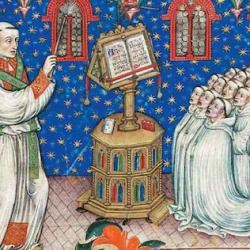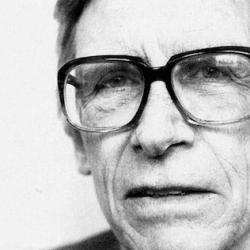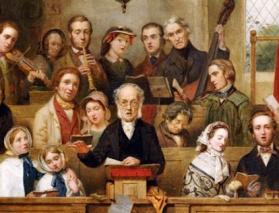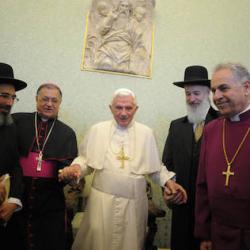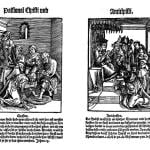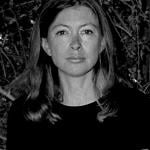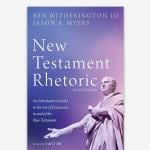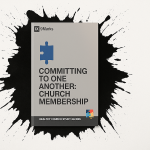Robert Jenson addresses this perennial question (Systematic Theology, 1.228-9) in a characteristically Jensonian fashion, by reminding us of the dynamics of discourse: “In all true mutual discourse . . . each must be both subject for and object of the other. As I am present to address you, I am a subject and you are my object. But if this is not reciprocal, if I evade being your object and so frustrate your presence as subject, I enslave you.” The... Read more


